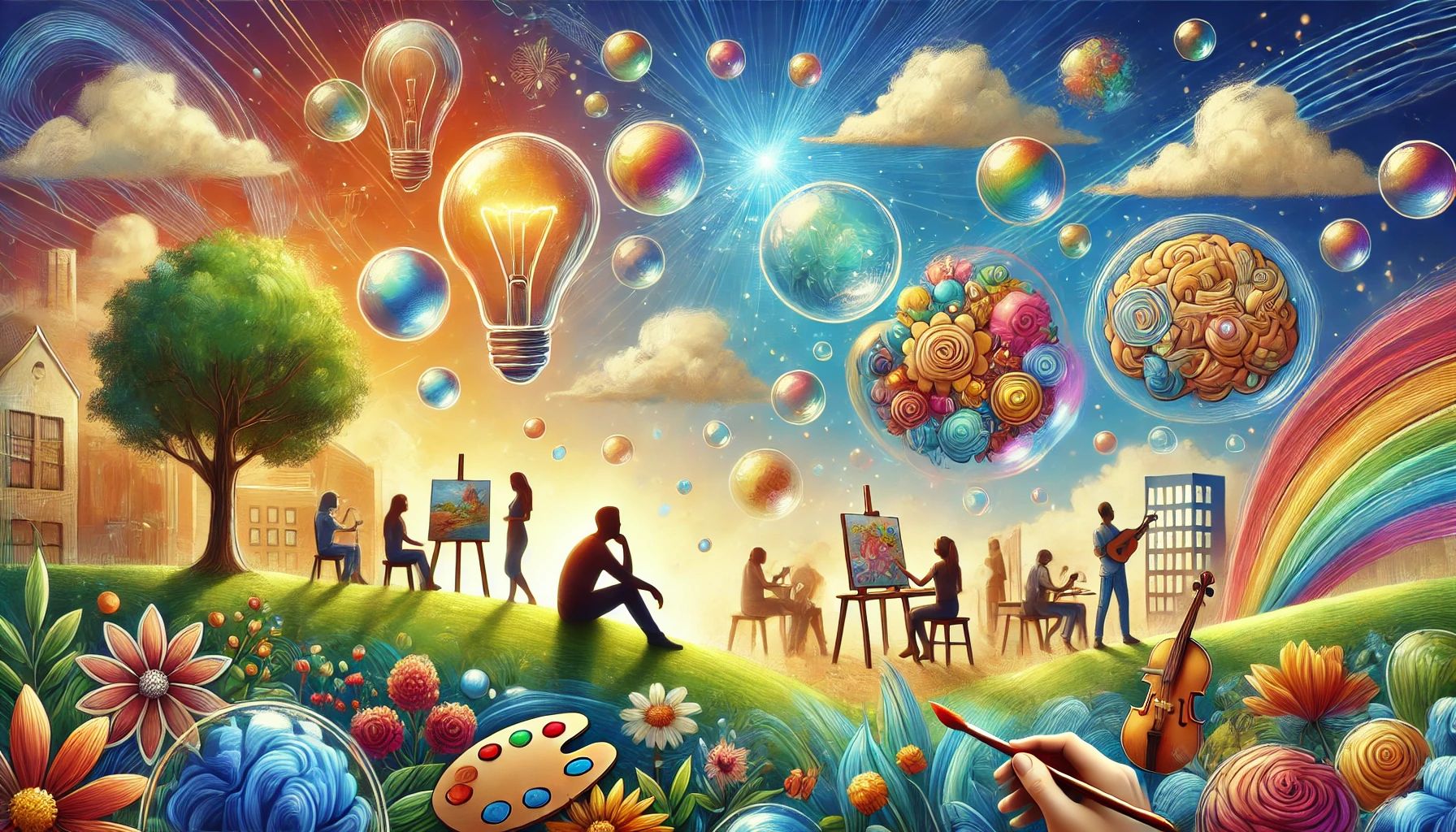
Dreams and fantasies have often been dismissed as idle distractions, but recent psychological research reveals that they are incredibly beneficial for our emotional, intellectual, and social lives. Scott Barry Kaufman, a leading psychologist from the University of Pennsylvania, explores the genuine advantages of daydreaming.
The habit of indulging in dreams is frequently criticized. Researchers have linked these "attention gaps" to memory lapses and depression, but not all dreams are detrimental. When it's crucial to focus on reality, an internal monologue can help maintain attention. However, we spend much of our lives alone with our thoughts, fantasies, and aspirations. It would be strange if the imagination, which occupies almost 50% of our waking life, wasn’t adaptive.
The context in which we dream plays a significant role. Modern research shows that this habit has many benefits, depending on individual goals, dream content, and personal differences. Dreams can be a disorganizing force or an invaluable support system, contingent on the current goals (e.g., enduring a dull lecture or crafting a novel plot), character traits (e.g., neuroticism vs. openness to new experiences), and the nature of the thoughts (e.g., passive aimless reflection vs. positive mindset formation).
Many of us face persistent, intrusive thoughts that we'd like to escape. Mindfulness can help by allowing us to see and accept reality in all its detail. Yet, most dreams are not aimless; they help cope with anxiety, relax, and momentarily forget unachieved goals. Importantly, these fantasies often involve images of other people.
Psychologists from the University of Sheffield found that most people's goal-setting processes and boundaries are linked to social aspects of life, including love, intimacy, sexuality, friends, and social connections. York University researchers discovered that 73% of people often or always include others in their dreams, while only 1% never do. Brain studies confirm this link: the same areas responsible for dreaming are also involved in social perception.
This isn't coincidental. Christopher Peterson, a professor of psychology at the University of Michigan, noted that relationships are crucial for achieving our goals. Strong social connections are vital for health and happiness, acting as a fundamental driving force.
This raises a fascinating question: do we need real people to feel their influence on us? What role does imaginary social interaction play in our social and emotional lives? Despite the opportunities for real interaction, much of our day is spent beyond active social engagements. Even if we can chat with colleagues, we often can't be with loved ones. If maintaining communication with them benefits our minds, it promotes the habit of dreaming.
Sheffield researchers explored the impact of "social dreams" on short-term emotions. Participants reported on recent fantasies related and unrelated to other people, which allowed scientists to assess the emotional connections. They found that dreams involving relationships evoke feelings of love and connection, boosting happiness. Abstract dreams didn't have the same effect. Dreams about close, meaningful people served as a "conduit" for well-being, enhancing positive emotions only when linked to significant individuals.
This study builds on previous research, showing that different social interactions affect feelings differently, with family interactions bringing more positive emotions. Imaginary interactions with loved ones can evoke the same feelings of love and connection, suggesting that fantasies are an adaptive strategy for emotional regulation, compensating for societal separation in daily life.
"Imagination shapes our everyday feelings associated with other people," the researchers assert. "Dreams and fantasies, along with actual social interactions, become a resource for fostering positive emotions towards others."
These findings align with studies showing that dreams about distant loved ones can fuel loneliness, while dreams about close ones increase life satisfaction. Sheffield psycho


